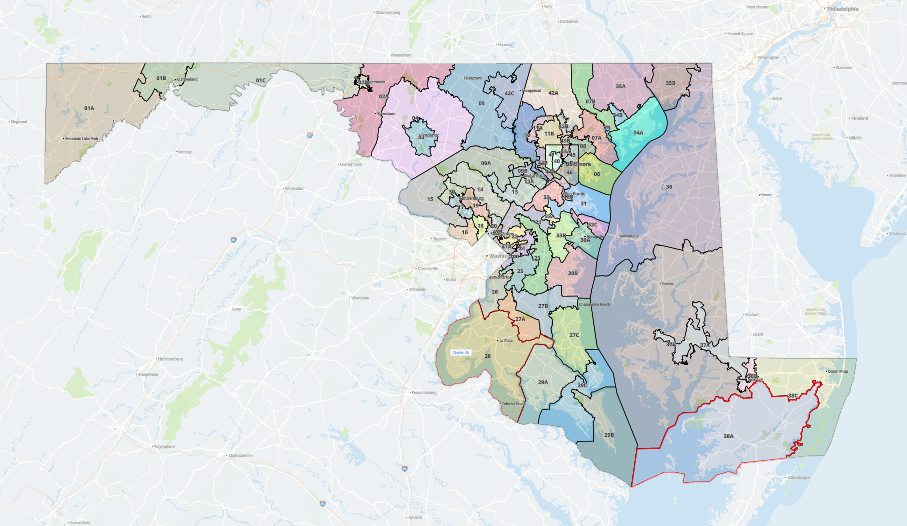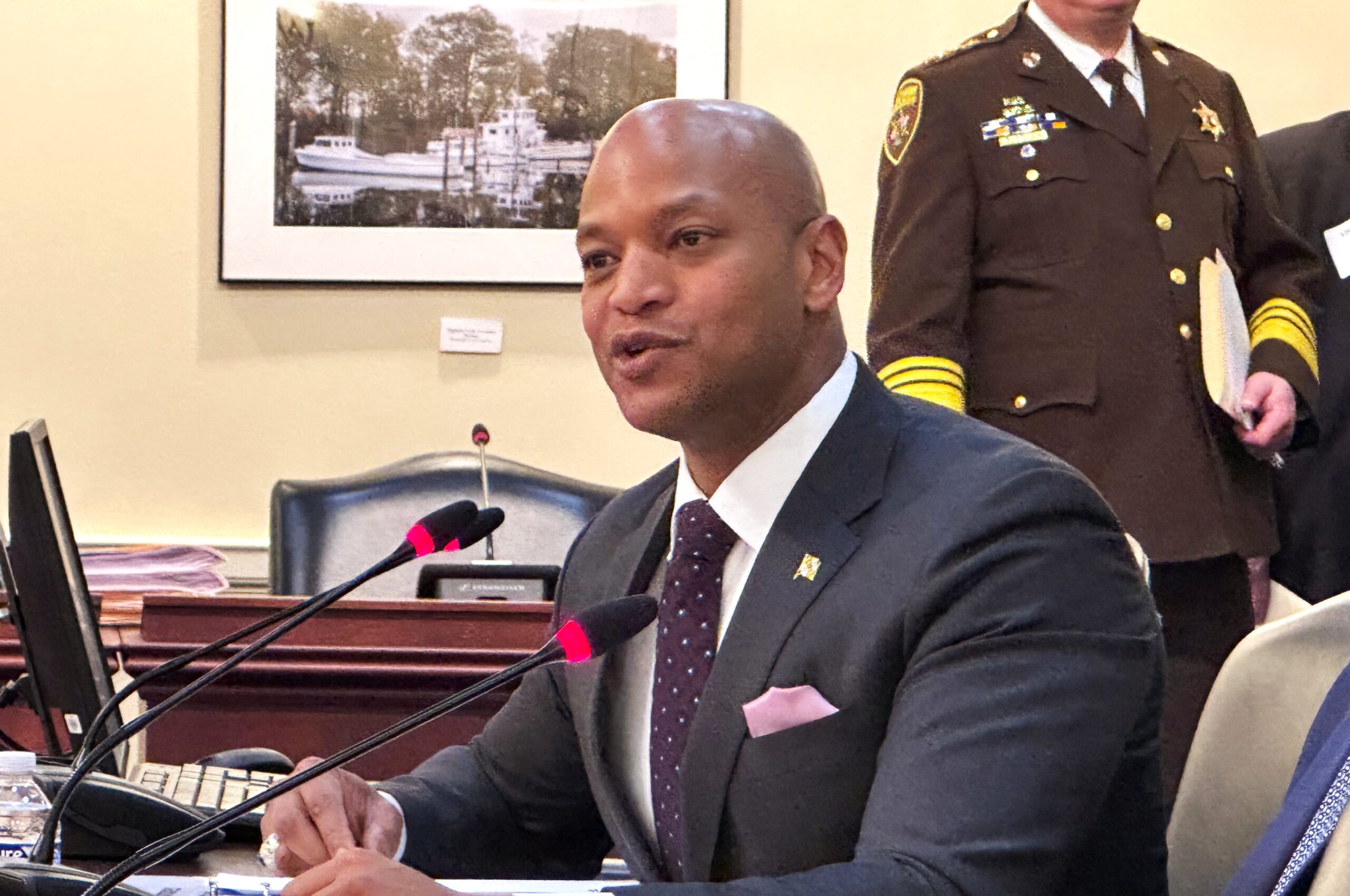Lawyer Warns of Tight Elections Timeline as Legislative Redistricting Case Goes to State’s Highest Court

Assistant Attorney General Andrea Trento warned Thursday that election officials might struggle to implement changes that may result from challenges to Maryland’s new legislative map in time for the June 28 primary.
“I have people at the board of elections, both at the State Board of Elections and all the local boards of elections who are losing sleep right now thinking about how they’re going to deal with whatever emerges from both this case, the federal case and some of the counties’ maps that are at issue right now,” Trento said at a virtual scheduling conference Thursday morning.
Special Magistrate Alan M. Wilner, a retired Court of Appeals judge who served on the court between 1996 and 2007, said he would try to get his report on legislative redistricting challenges to the Court of Appeals by April 4 at the latest.
Wilner said he plans to hold a hearing on petitions against the new legislative districts on March 22 — the delayed date of the candidate filing deadline for the primary election.
Four petitions were brought against the state’s new legislative map. Two petitions from Republican delegates charge that some of the new districts violate the Maryland constitution’s requirement that legislative districts respect natural boundaries and political subdivisions.
A petition brought by Del. Mark N. Fisher (R-Calvert), Del. Nicholaus R. Kipke (R-Anne Arundel) and Del. Kathy Szeliga (R-Baltimore and Harford) charges that 13 of the 47 senatorial districts in the new map violate that constitutional provision, and requests that if the General Assembly doesn’t enact a new legislative redistricting plan that “complies with the Maryland Constitution and Declaration of Rights in a timely fashion,” the plan put forward by the Maryland Citizens Redistricting Commission, convened by Gov. Lawrence J. Hogan Jr. (R), be put in place instead.
The districts that lawmakers enacted in January were drawn by the Legislative Redistricting Advisory Commission, a panel established by Senate President Bill Ferguson (D-Baltimore City) and House Speaker Adrienne A. Jones (D-Baltimore County). The new boundaries largely mirror previous ones and shore up several potentially vulnerable Democratic lawmakers for reelection.
Trento said it takes months for election officials to implement an entirely new map. He added that election officials are already implementing the legislative districts that the General Assembly approved in January.
Trento didn’t specifically ask for a delayed election or a further postponed candidate filing deadline but said it’s “impossible to speak in absolutes” over what timeframe election officials would need to implement any possible changes to the legislative map.
“This is as fast as we can go, but it may require significant changes,” Trento said. “And if that’s the case, so be it. But I just don’t want anybody to be under any illusions that it’s all good if we get it done on this schedule.”
Strider Dickson, an attorney representing Szeliga, Fisher and Kipke, said he doesn’t want to put an unnecessary burden on election officials, but said the schedule is already “accelerated.”
“I don’t know how we could possible move any faster,” Dickson said.
Wilner said both the petitioners and the state seem to be on the same page with the expedited schedule.
“My role is to make sure that I’m not delaying anything unnecessarily, and so far I’m hearing from both the state and from the petitioners a willingness to try to meet these dates,” Wilner said. “If this is the best we can do, then at least we’ll do that.”
Wilner noted that the expedited hearing schedule and his pending report to the Court of Appeals are happening at the same time as separate challenges to the state’s congressional map.
On Wednesday, Senior Judge Lynne A. Battaglia said she plans to rule on the state’s motion to dismiss a lawsuit against the congressional map by Tuesday and set a tentative date for a four-day trial in that case starting March 15.
The state has filed motions to dismiss challenges to the new legislative district map, arguing that the new map doesn’t violate the state constitution. Attorneys for the state said in a court filing that “towns and localities” don’t constitute political subdivisions in Article III, Section 4 of the Constitution of Maryland.
Attorneys for the state also argue that the framers of Maryland’s constitution “struck a careful balance in recognizing that some pursuit of political objectives in districting was permissible,” as long as the districts comply with the state constitution’s requirements for compactness and respect for natural boundaries and political subdivisions.
“Allowing claims like Petitioners’ to proceed under other provisions of the Constitution would upset this balance struck by the framers to moderate — but not eliminate — the degree to which political considerations may be used in creating State legislative districts,” the motion to dismiss reads.




 Creative Commons Attribution
Creative Commons Attribution